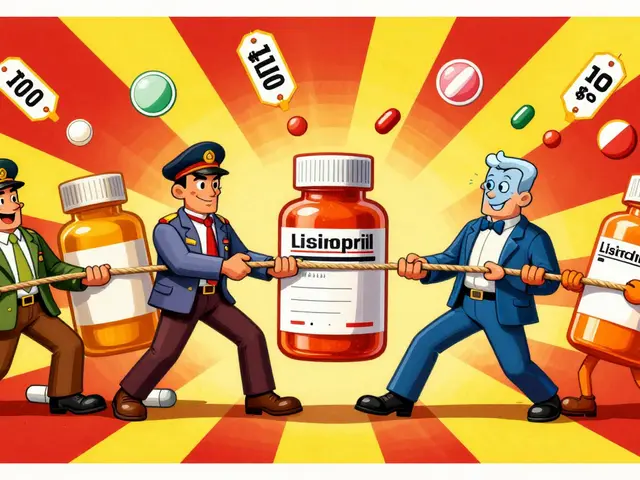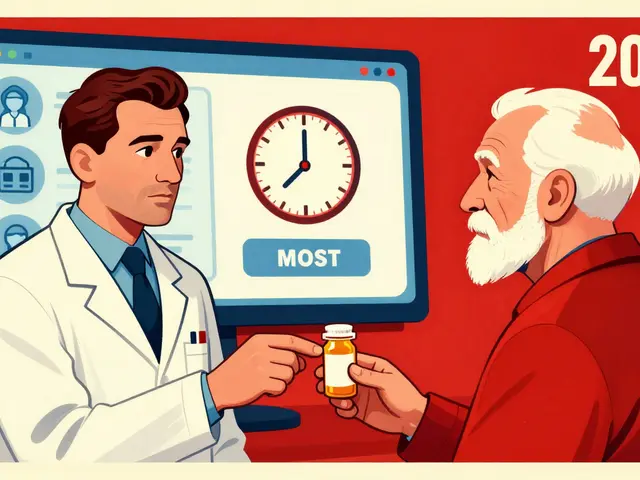Memory Improvement: What Works, What Doesn't, and Which Medications Affect It
When we talk about memory improvement, the process of enhancing the brain’s ability to store, retain, and recall information. Also known as cognitive enhancement, it’s not just about taking supplements or doing puzzles—it’s deeply tied to the medications you’re already using. Many people assume memory loss is just part of aging, but the truth is, everyday drugs can quietly chip away at your mental clarity. For example, first-generation antihistamines like diphenhydramine, found in sleep aids and allergy pills, are linked to cognitive decline, a measurable reduction in thinking, learning, and memory skills over time. Also known as brain fog, this isn’t just forgetfulness—it’s a real risk factor for dementia, especially when taken long-term. The problem? These drugs build up in your system. That nightly Benadryl for sleep, combined with your blood pressure med or bladder pill, creates something called an anticholinergic burden, the total effect of all medications in your system that block acetylcholine, a key brain chemical for memory. Also known as cumulative drug burden, this hidden combo can slow your thinking, blur your focus, and even increase fall risk in older adults. You might not realize it, but your daily routine could be working against your brain.
On the flip side, some drugs are used off-label to sharpen focus and mental stamina. Modafinil, a wakefulness-promoting agent originally developed for sleep disorders like narcolepsy. Also known as modafinil-based nootropics, it’s now widely used by people seeking better concentration, whether for work, study, or long shifts. Brands like Modvigil, Modafil MD, and Provigil all contain this active ingredient. While it doesn’t directly improve long-term memory, it clears mental fog, helping you absorb and retain information more efficiently. But here’s the catch: if you’re taking modafinil alongside other meds—like antihistamines or NSAIDs—you could be creating a dangerous tug-of-war in your brain chemistry. One drug wakes you up, another slows you down. And if you’re managing diabetes, thyroid issues, or chronic pain, those medications can also interfere with how your brain processes and stores memories. It’s not magic. It’s chemistry.
What you’ll find in this collection isn’t a list of miracle pills. It’s a practical, no-fluff look at what’s really happening in your brain when you take common drugs. You’ll see how everyday meds like antihistamines, pain relievers, and even antibiotics can quietly harm memory. You’ll also see how wakefulness drugs like modafinil fit into the picture—and who should avoid them. There are no vague promises here. Just clear connections between the pills you take and the way you think. Whether you’re worried about aging, managing multiple conditions, or just wondering why you can’t focus like you used to, these posts give you the facts you need to make smarter choices.






